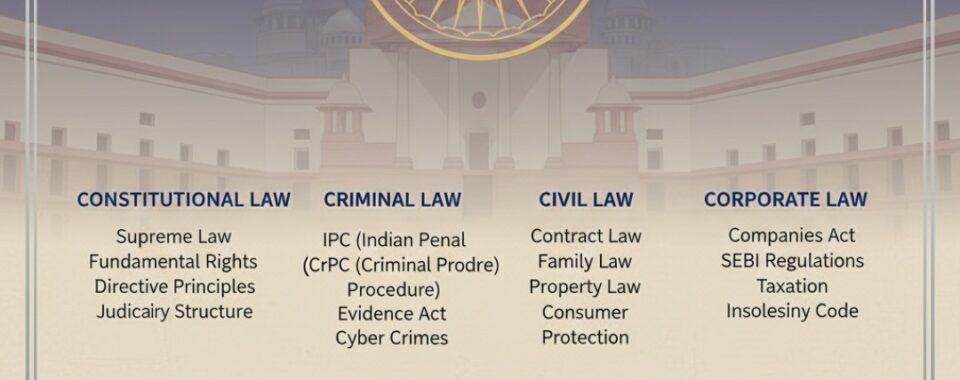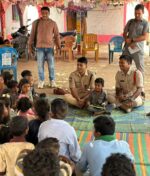
Protect Dreams and Dignity
My attention was drawn to a profound social challenge again when my mother hired a new domestic helper. I soon learned something heart-breaking: this young woman is only 21 years old, yet she was married years ago after receiving only a primary school education—fourth or fifth grade—and already has a five-year-old child. When asked why she married so young, she explained that with seven siblings, including five sisters, her father felt compelled to marry them off early to lessen his financial burden and responsibilities. The girl, who was just 14 when she was married, and her husband, a young boy of 15, are now parents to a child. Burdened with responsibilities, they have to work hard at an age when they should have been studying. Is this path right? Is it fair? And is it legal in India? This personal story underscores a persistent failure that exists despite clear laws, revealing how poverty and low awareness combine to crush a young children’s future. We must confront this gap between legal prohibition and social reality.
The Declining Trend and Persistent Reality
While the trend is encouraging, the numbers reveal a persistent crisis. The national prevalence of child marriage (women aged 20–24 married before 18) has declined significantly, dropping from approximately 26.8% in 2015–16 (NFHS-4) to 23.3% in 2019–21 (NFHS-5). This progress is a testament to increased awareness, education, and government interventions, with many child marriages successfully prevented or stopped by civil society and local authorities. However, the national average of nearly one in four young women still being affected is far too high, and the problem remains highly concentrated in rural areas and among the poorest and least-educated households. This disparity confirms the vicious cycle: parents, believing early marriage lessens a financial burden, unknowingly intensify the cycle of poverty for the next generation.
The Crippling Cost to Individuals and the Nation
The consequences of child marriage are profound and far-reaching, striking at the very foundation of a child’s rights and potential. First, education is immediately cut short—the ultimate barrier to a life of opportunity and agency. Girls are pulled out of school to manage household duties, limiting their ability to earn, make informed choices, and escape financial dependence. Second, health risks skyrocket; a girl’s physically immature body is ill-equipped for early pregnancy, leading to higher rates of maternal and infant mortality, stillbirths, and underweight babies. Ultimately, child marriage violates a child’s fundamental rights to dignity, freedom, and a childhood, leaving them vulnerable to domestic violence and exploitation. When thousands of young women are robbed of their potential, the collective cost to society is enormous, fuelling higher fertility rates, straining health systems, and hindering India’s overall socio-economic development.
Our Role: Turning Awareness into Action
To effectively combat this, we must recognize the root causes—chiefly poverty, gender inequality, and lack of access to quality education—and transform our everyday interactions into platforms for change. This is the moral duty of educated students and parents: to become proactive advocates among our domestic staff, drivers, and other workers. We must move beyond sympathy to active education and support. Share what the law says, but more importantly, personalize the message: explain that allowing a child to finish school is the best long-term investment a family can make, financially and otherwise. Encourage families to keep girls in school, and offer small, tangible support—whether it’s assistance with school fees, books, or stationary. Furthermore, empower them to use existing legal tools: inform them that local institutions like Panchayats, teachers, and the Child Helpline (1098) are resources for intervention. The most powerful change will come when cultural mindsets shift, valuing a daughter not as a burden to be discarded, but as a person whose educated potential is vital to the family’s, and the nation’s, future. Let’s protect these dreams, ensuring no child is forced into adulthood before they’ve finished their childhood.
written by Prachi Gupta













